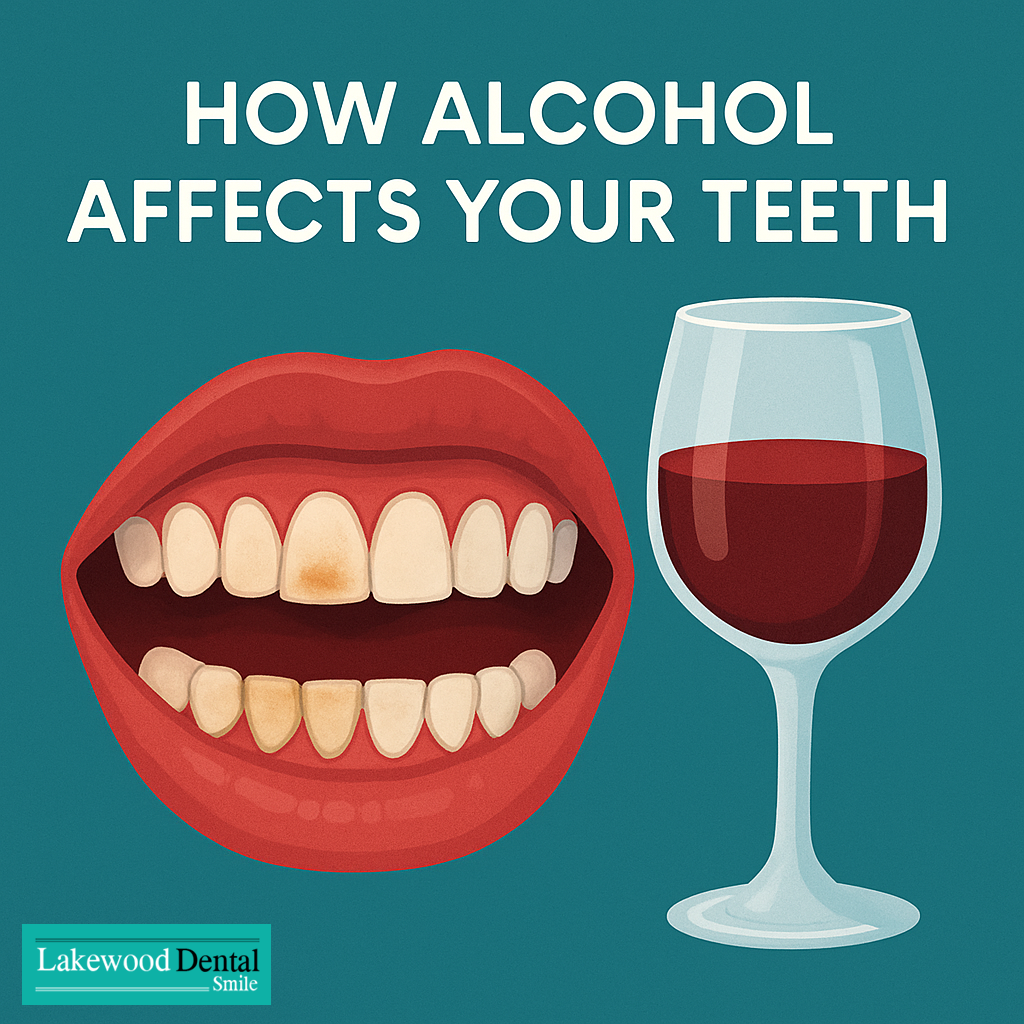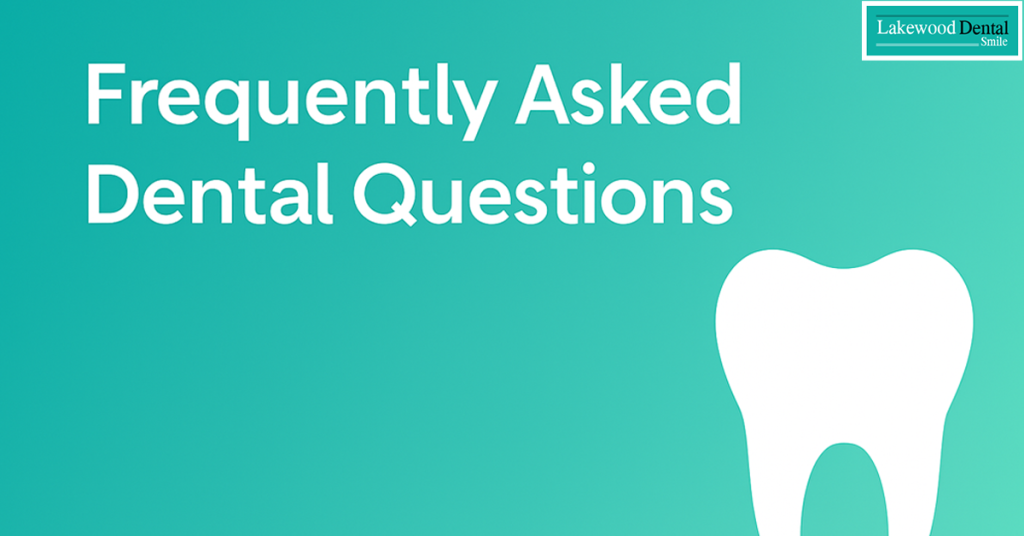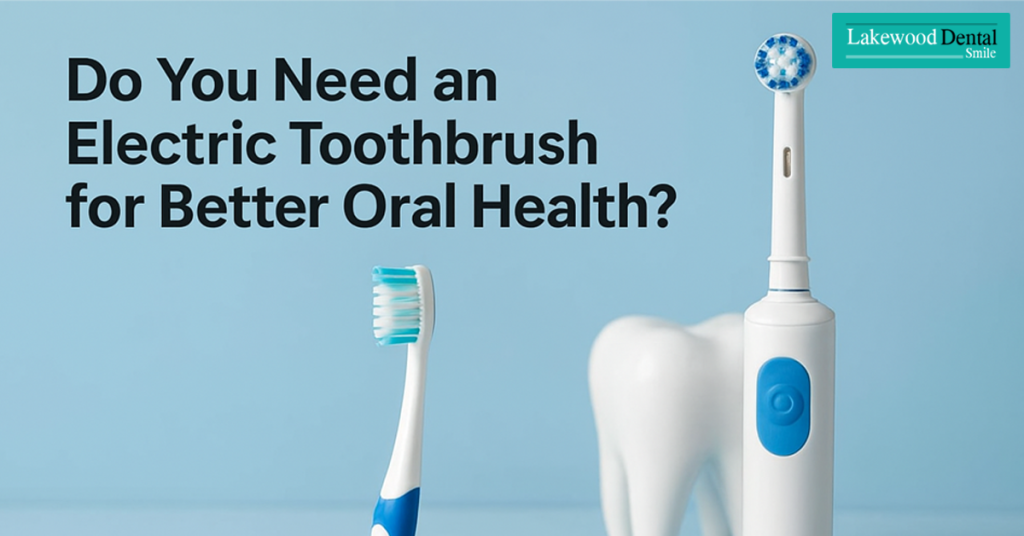While moderate alcohol consumption may not pose an immediate threat to your health, alcohol is generally not considered beneficial. Excessive intake can negatively impact both your mental and physical health.

But What Are the Effects of Alcohol on Your Teeth, Gums, and Mouth?
While moderate drinkers may have a lower risk of dental issues, heavy alcohol consumption is linked to gum disease, tooth decay, and mouth sores. In fact, excessive alcohol use is considered the second most common risk factor for oral cancer.
Excessive alcohol consumption often leads to higher plaque buildup on the teeth and increases the risk of permanent tooth loss compared to moderate drinkers. However, it’s a mistake to assume that moderate drinkers are completely safe from serious dental issues. Evidence shows that even regular, moderate alcohol consumption can gradually impact your oral health in the following ways:
Staining or discoloring
Alcoholic beverages — especially dark-colored ones like red wine and certain cocktails — contain compounds called chromogens. These substances bind to the enamel and cause staining or discoloration of the teeth over time.
One way to reduce this effect is by using a straw when drinking, which helps limit direct contact between the alcohol and your teeth.
If you regularly mix alcohol with dark sodas, colas, or red wine, it could cost you your white smile. These sugary, dark-colored beverages are more likely to stain or discolor your teeth over time.
To minimize the damage, it’s best to rinse your mouth with water or a mouthwash between drinks or immediately afterward.
Alcohol consumption — especially drinks high in alcohol content like spirits and even beer — can cause dry mouth. This condition reduces saliva production, which is essential for washing away plaque and protecting your teeth.
To combat this, it’s important to stay hydrated by drinking water alongside or after consuming alcohol.
Chewing ice in alcoholic drinks can lead to chipped or broken teeth, especially if done regularly. Additionally, mixing citrus—like lemon or lime—into your drinks can pose another risk. According to the American Dental Association, the acidity in citrus fruits can erode tooth enamel over time, increasing sensitivity and decay.
If you suspect that your teeth have been affected by excessive alcohol consumption, it’s important to consult a dentist for proper evaluation and treatment.
If you’re located in Dearborn, Michigan, you can book an appointment with Lakewood Dental Smile — a trusted name in advanced dental care. Don’t wait — schedule your visit today and take the first step toward a healthier smile.




